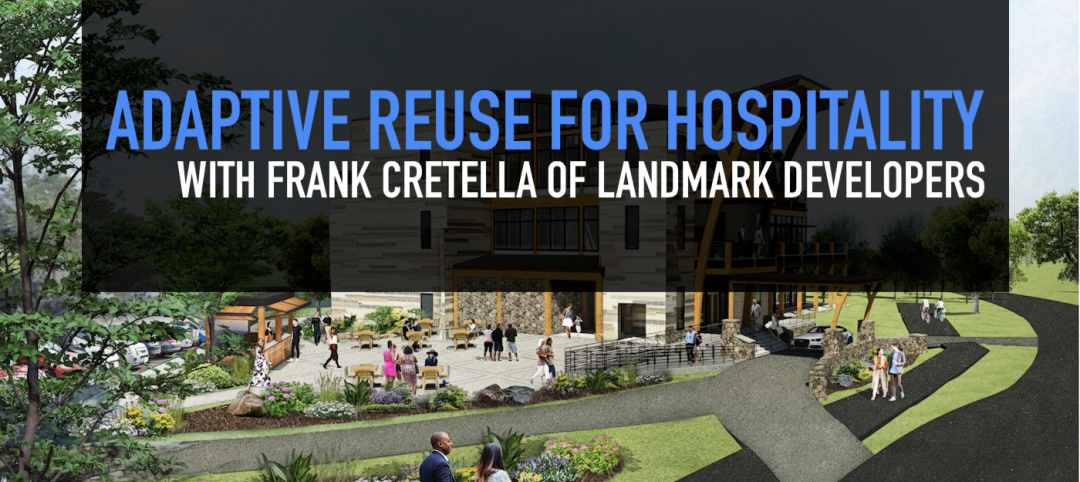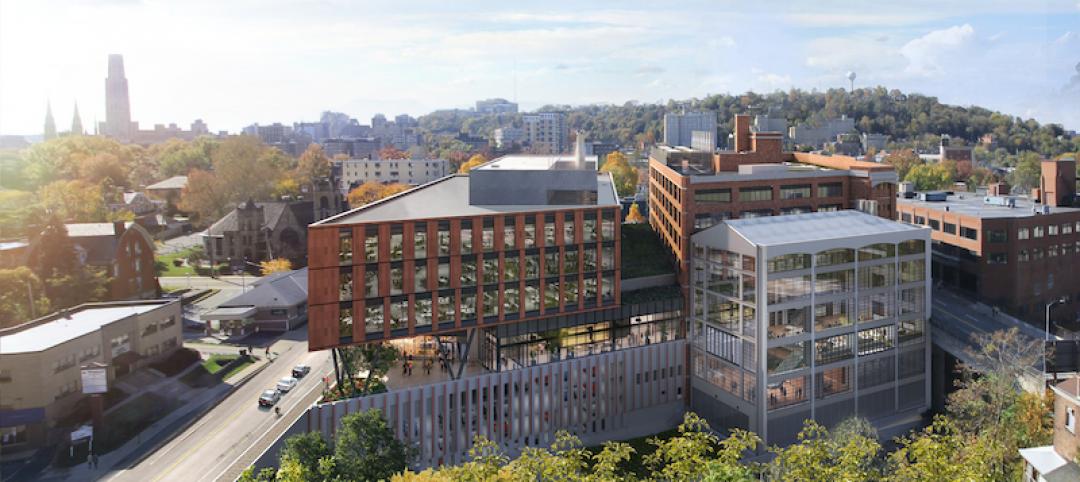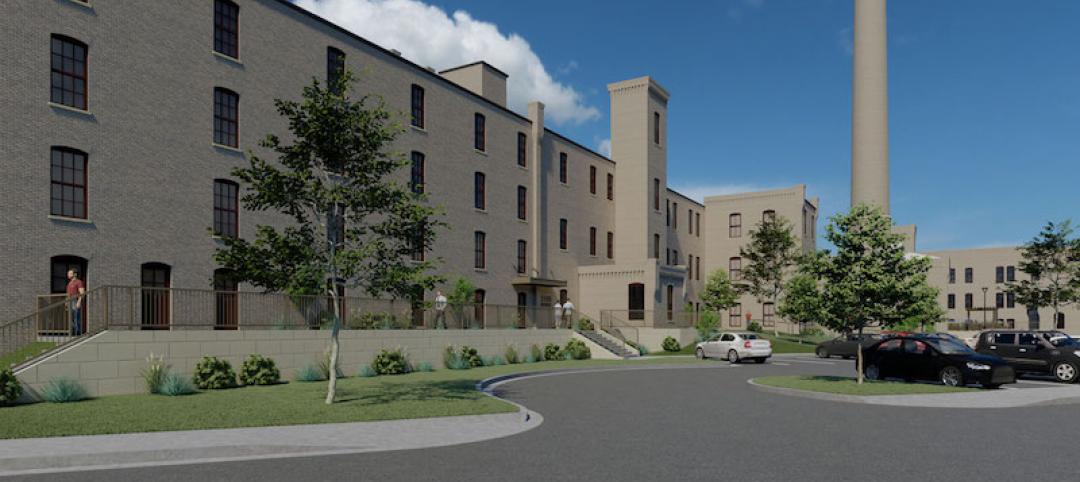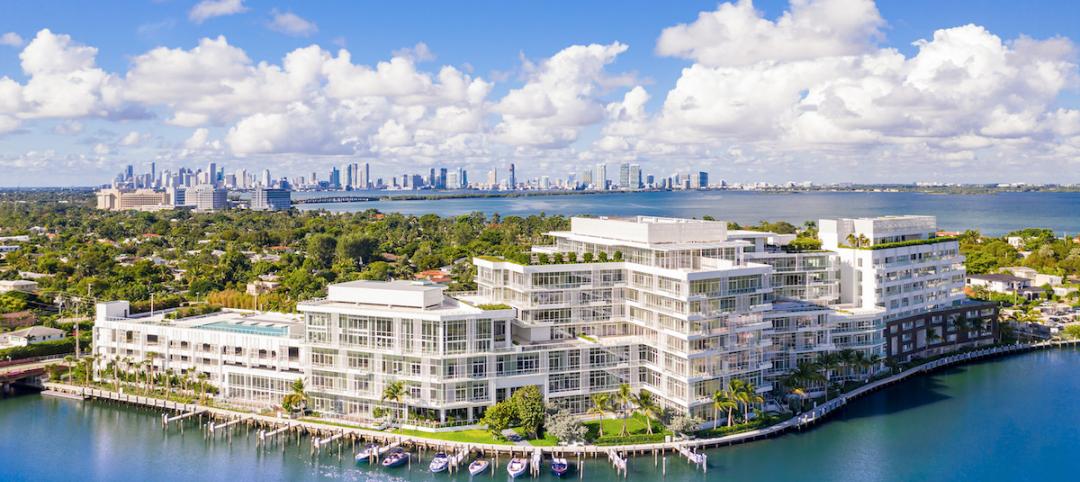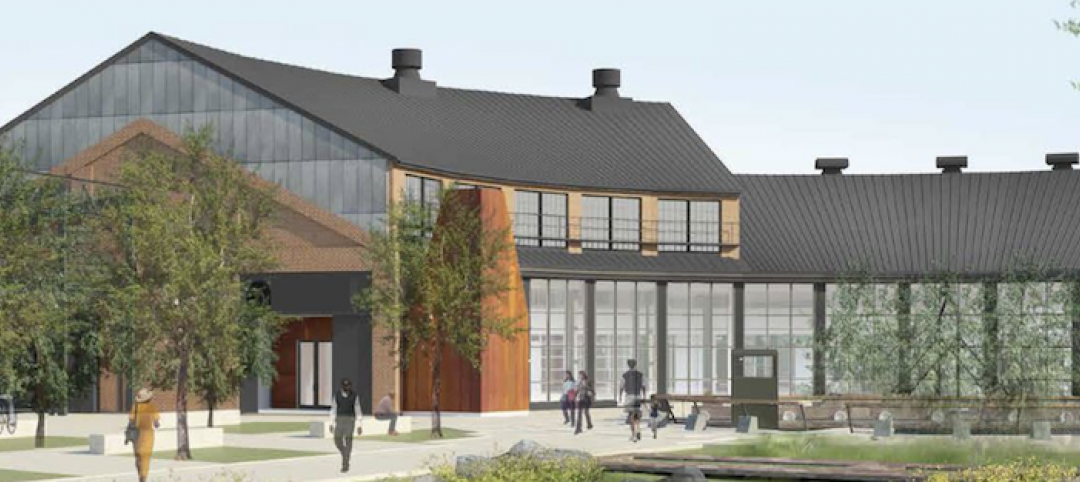San Francisco voters recently approved a ballot measure to offer tax breaks to developers who convert commercial buildings to residential use.
The tax break applies to conversions of up to 5 million sf of commercial space through 2030. San Francisco’s office vacancy rate hit a record 36% in December, and it is expected to increase this year.
The initiative is intended to help transform the city’s downtown from a 9-to-5 business district to a 24-hour mixed-use neighborhood. San Francisco’s downtown has a higher-than-average stock of commercial buildings that are suitable for residential conversions. According to a report by Gensler, 40% of the city’s downtown buildings evaluated would be suitable for conversion. That compares to about 20% of buildings in a typical U.S. city.
San Francisco’s stringent planning standards and its building codes, as well as high construction costs, make office-to-residential conversions a heavy lift, though.
Related Stories
Adaptive Reuse | Aug 25, 2021
The first net-zero hotel in the U.S. is nearing completion in Connecticut
Solar arrays will provide the electricity for the Hotel Marcel, whose name recalls the building’s original designer.
Adaptive Reuse | Aug 13, 2021
Developers are repositioning vacant space as charter schools
Transwestern is working with the National Alliance of Public Charter Schools to provide a turnkey solution.
Hotel Facilities | Jun 18, 2021
Adaptive reuse for hospitality, with Frank Cretella of Landmark Developers
In an exclusive interview for HorizonTV, Landmark Developers' President Frank Cretella talks about the firm's adaptive reuse projects for the hospitality sector. Cretella outlines his company's keys to success in hospitality development, including finding unique properties and creating memorable spaces.
Adaptive Reuse | Jun 2, 2021
An old Ford factory in Pittsburgh is being adapted to become a biomedical research facility
This is the latest step in the city’s post-industrial resurgence.
Adaptive Reuse | Apr 15, 2021
The Weekly Show, Apr 15, 2021: The ins and outs of adaptive reuse, and sensors for real-time construction monitoring
This week on The Weekly show, BD+C editors speak with AEC industry leaders from PBDW Architects and Wohlsen Construction about what makes adaptive reuse projects successful, and sensors for real-time monitoring of concrete construction.
Adaptive Reuse | Feb 24, 2021
Adaptive reuse project brings co-living space to Los Angeles’s Hancock Park
Lorcan O’Herlihy Architects is designing the project.
Adaptive Reuse | Feb 14, 2021
Three adaptive reuse projects will add housing in Wisconsin
Historic tax credits helped pave the way, but preservation required creative solutions.
Multifamily Housing | Jan 20, 2021
Abandoned Miami hospital gets third life as waterfront condo development
The 1920s King Cole Hotel becomes the Ritz-Carlton Residences Miami in the largest residential adaptive reuse project in South Florida.
Adaptive Reuse | Dec 17, 2020
A train engine repair building is turned into an innovation center that’s part of a massive riverfront redevelopment in Pittsburgh
The adaptive reuse of the Roundhouse is the latest step forward for Hazelwood Green.
Adaptive Reuse | Oct 26, 2020
Mall property redevelopments could result in dramatic property value drops
Retail conversions to fulfillment centers, apartments, schools, or medical offices could cut values 60% to 90%.






